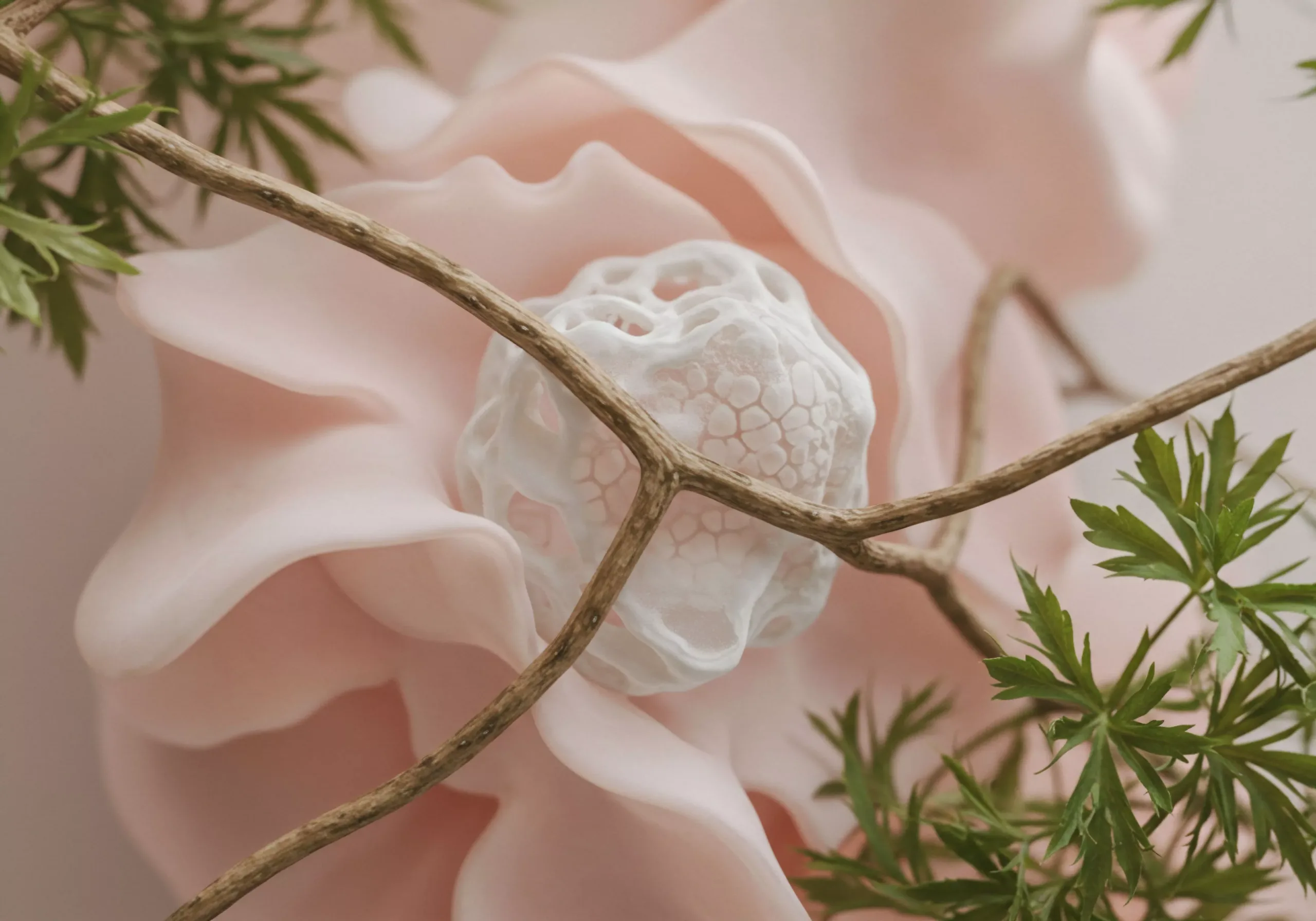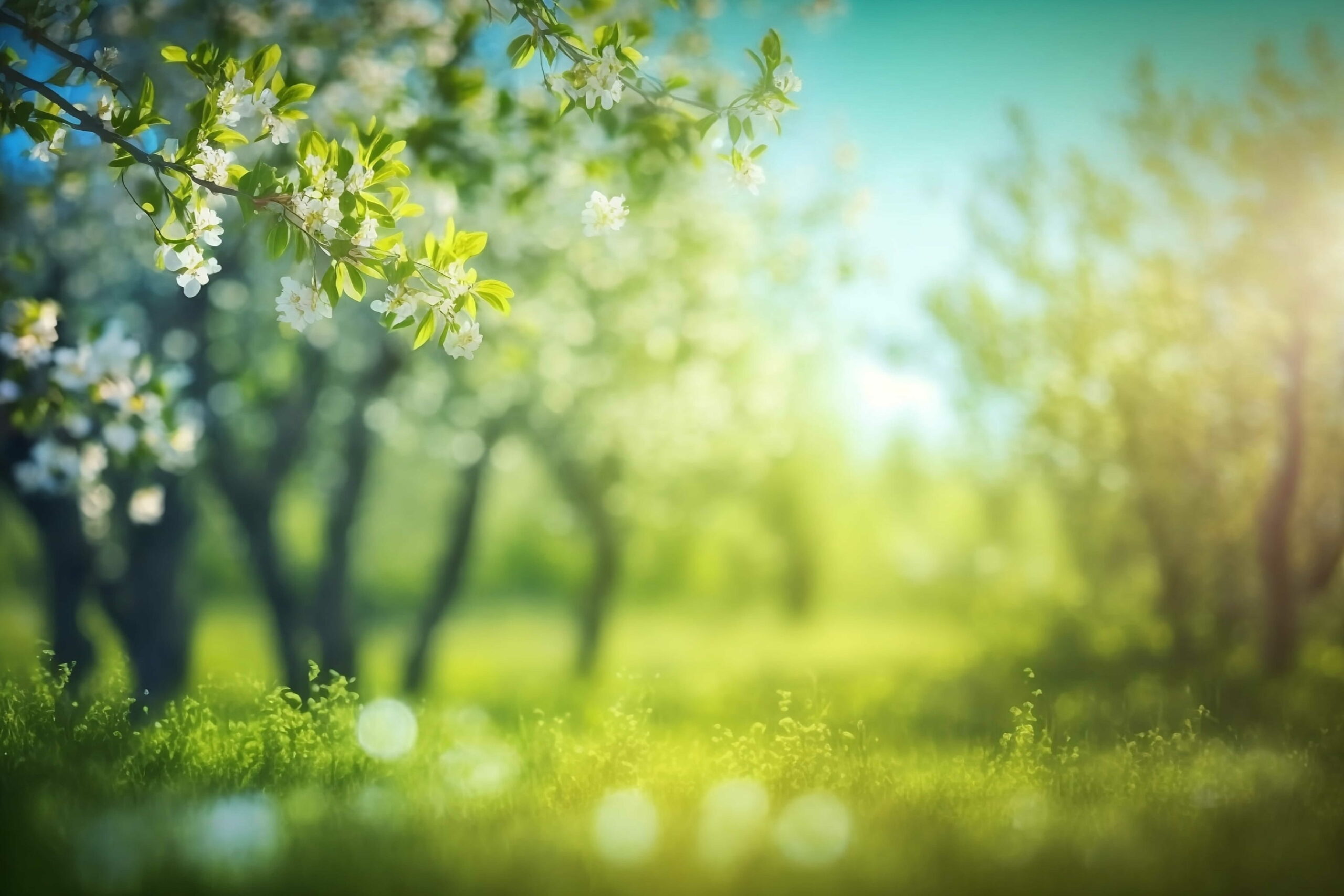Seasonal allergies can feel like an uphill battle, especially when spring or fall brings high pollen counts. Sneezing, itchy eyes, a runny nose, and constant congestion are enough to make anyone feel miserable. Pollen allergies, also known as hay fever or seasonal allergic rhinitis, affect millions of people worldwide. But the good news is, with the right strategies, you can reduce your symptoms and improve your quality of life.
In this article, we’ll break down what pollen allergies are, why they happen, and the best tips for managing pollen allergies naturally and medically. Whether you’re looking for prevention hacks, home remedies, or treatment options, this guide has you covered.
What Are Pollen Allergies?
Pollen allergies occur when your immune system mistakenly reacts to pollen—tiny grains released by trees, grasses, and weeds. Instead of ignoring these harmless particles, your body identifies them as threats and produces histamines to fight them. This immune response leads to common allergy symptoms like:
- Sneezing
- Runny or stuffy nose
- Watery or itchy eyes
- Postnasal drip
- Fatigue and brain fog
For some, symptoms are mild. But for others, allergies can be severe enough to disrupt sleep, work, and daily life.
Why Do Pollen Allergies Get Worse in Certain Seasons?
Different plants release pollen at different times of the year. For example:
- Spring: Trees such as oak, birch, and maple release pollen.
- Summer: Grasses like Bermuda and Timothy grass dominate.
- Fall: Weeds, especially ragweed, become the main culprit.
That’s why some people suffer only in spring, while others struggle through multiple seasons.
Best Tips for Managing Pollen Allergies
Managing pollen allergies isn’t about curing them (since allergies can’t be permanently eliminated), but about reducing exposure and controlling symptoms. Let’s go through the most effective ways.
1. Monitor Pollen Counts Daily
Knowing when pollen levels are high allows you to plan better. Many weather apps and local news stations provide daily pollen forecasts.
- Try to stay indoors on high-pollen days, especially during the morning when pollen counts are usually the highest.
- If you need to be outside, consider wearing a mask to filter out pollen.
2. Keep Windows Closed
As tempting as it may be to let in fresh air during spring or fall, open windows let pollen enter your home.
- Use air conditioning instead of natural ventilation.
- Install HEPA filters in your home and car to reduce pollen indoors.
- Regularly clean filters to maintain efficiency.
3. Shower and Change Clothes After Being Outside
Pollen sticks to skin, hair, and clothes. This means even if you’re done being outdoors, you can still carry pollen with you indoors.
- Take a shower right after coming home to wash off pollen.
- Wash your hair before bed to avoid transferring pollen to your pillow.
- Put outdoor clothes directly in the laundry rather than re-wearing them.
4. Practice Nasal Irrigation
A saline rinse (like using a neti pot or nasal spray) can flush pollen and irritants out of your nasal passages. This simple step can provide instant relief from congestion and irritation.
Just make sure to use sterile or distilled water to avoid infections.
5. Invest in an Air Purifier
Air purifiers with HEPA filters trap pollen, dust, and other allergens, helping you breathe easier indoors. Place one in your bedroom for the biggest impact since that’s where you spend most of your time at night.
6. Manage Outdoor Activities Wisely
If you love exercising outdoors, try to:
- Go outside after it rains, since rain helps clear pollen from the air.
- Avoid mowing lawns or gardening during peak pollen times.
- Wear sunglasses to protect your eyes from airborne pollen.
7. Use Over-the-Counter Medications
When natural remedies aren’t enough, antihistamines, decongestants, and nasal corticosteroid sprays can help control symptoms. Some popular options include:
- Antihistamines: cetirizine, loratadine, fexofenadine
- Decongestants: pseudoephedrine (short-term use only)
- Nasal sprays: fluticasone, mometasone
Always talk to your doctor or pharmacist before starting new medications.
8. Try Natural Remedies
Some people find relief with natural approaches, such as:
- Local honey: Small amounts may help your body adapt to local pollen (though research is limited).
- Quercetin supplements: A natural antioxidant that may reduce allergic inflammation.
- Vitamin C and Omega-3s: Known for boosting immunity and reducing inflammation.
9. Keep Your Home Allergen-Free
Pollen isn’t the only trigger—dust, pet dander, and mold can worsen symptoms. To minimize exposure:
- Vacuum often with a HEPA-filter vacuum.
- Wash bedding in hot water weekly.
- Keep pets clean since their fur traps pollen.
10. Consider Allergy Shots or Immunotherapy
For severe or persistent allergies, allergy immunotherapy (allergy shots or sublingual tablets) may provide long-term relief. This treatment works by slowly exposing your immune system to pollen, training it to become less reactive.
It’s a commitment, but many people see lasting improvement after treatment.
Lifestyle Habits That Make a Difference
Small lifestyle adjustments can add up to big improvements. For example:
| Habit | Benefit |
|---|---|
| Drinking plenty of water | Helps thin mucus and reduce congestion |
| Eating an anti-inflammatory diet | Supports immune health |
| Managing stress | Stress can worsen allergy symptoms |
| Getting enough sleep | Strengthens the immune system |
Conclusion
Pollen allergies may be frustrating, but they don’t have to control your life. With the right mix of prevention strategies, natural remedies, and medical treatments, you can breathe easier and enjoy the seasons again. Start by tracking pollen levels, keeping your home allergen-free, and using remedies that work best for you. If your allergies are severe, consult a healthcare provider for advanced treatments like immunotherapy.
Managing pollen allergies is about building habits that keep symptoms in check while helping you feel more comfortable every day.
FAQs About Managing Pollen Allergies
1. Can pollen allergies go away on their own?
In some cases, children may outgrow allergies, but most adults continue to have them. Treatment helps manage symptoms rather than curing allergies completely.
2. Are pollen allergies worse in the city or the countryside?
Both have risks. Cities often have higher pollution that worsens allergy symptoms, while rural areas may have more direct pollen exposure.
3. Do air conditioners really help with pollen allergies?
Yes, especially if they use clean filters. Air conditioning reduces indoor pollen by keeping windows closed.
4. Can diet affect pollen allergies?
Yes. Eating anti-inflammatory foods (fruits, vegetables, fatty fish) can reduce inflammation, while processed foods may make symptoms worse.
5. When should I see a doctor for pollen allergies?
If over-the-counter remedies don’t work, or if allergies disrupt your sleep and daily life, it’s time to see an allergist for stronger treatments.
Social Sharing
Your Content Goes Here
Latest Posts





